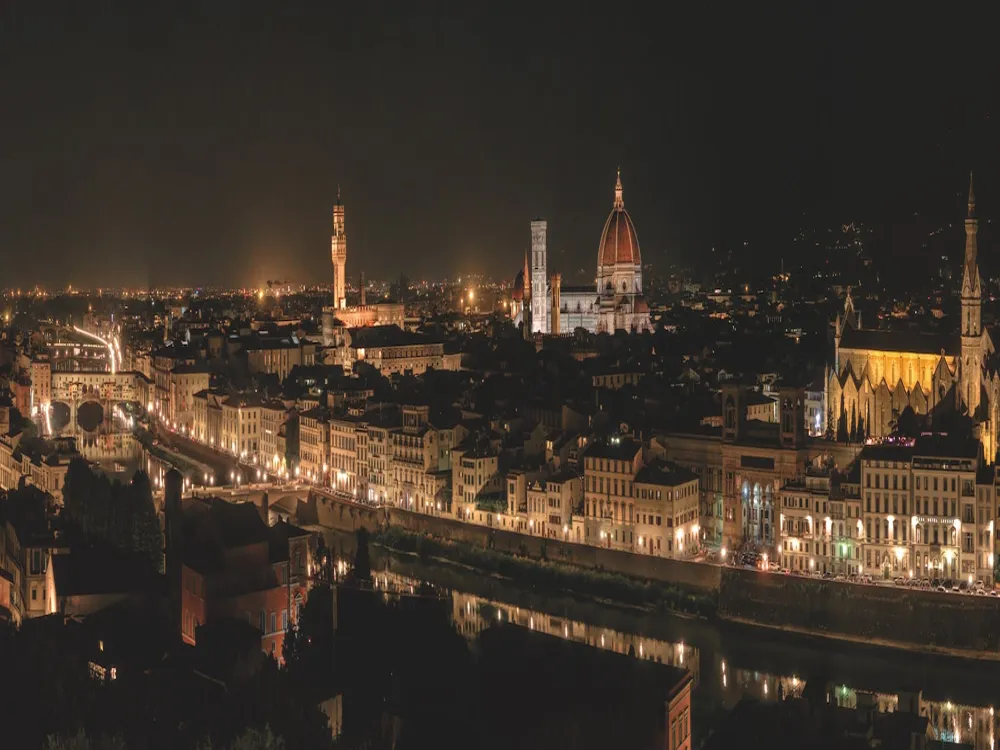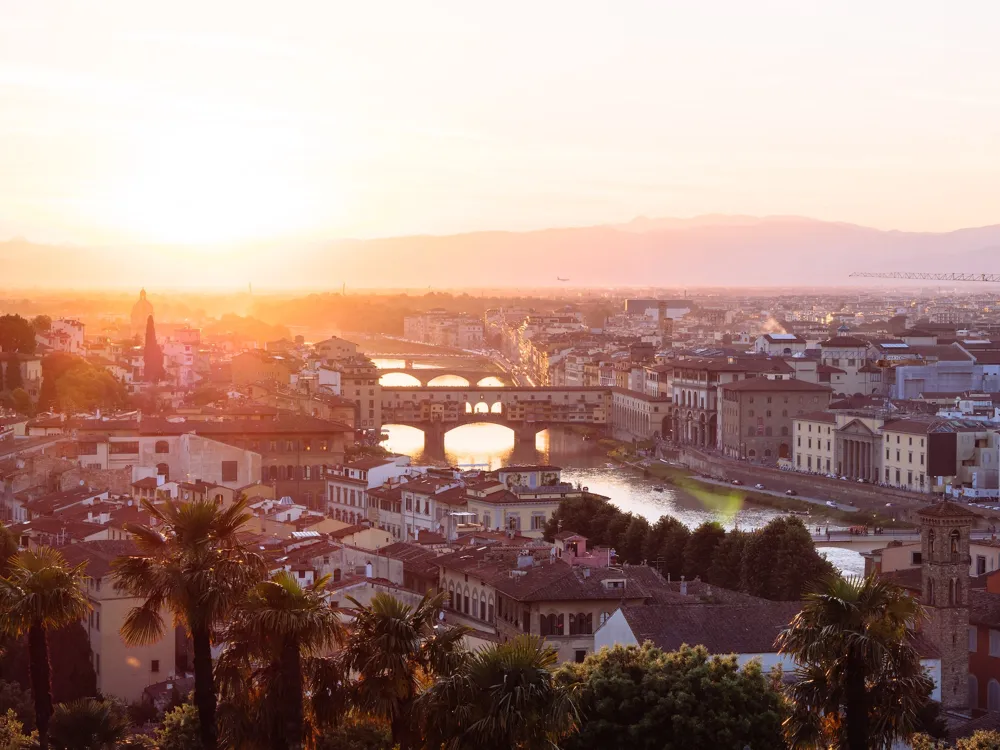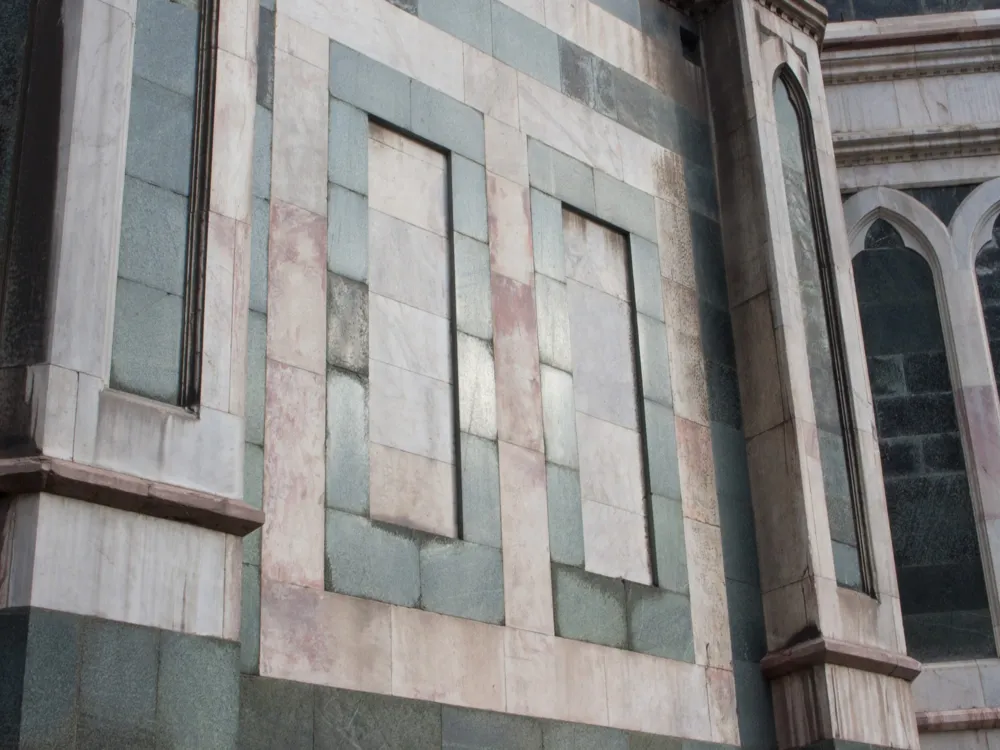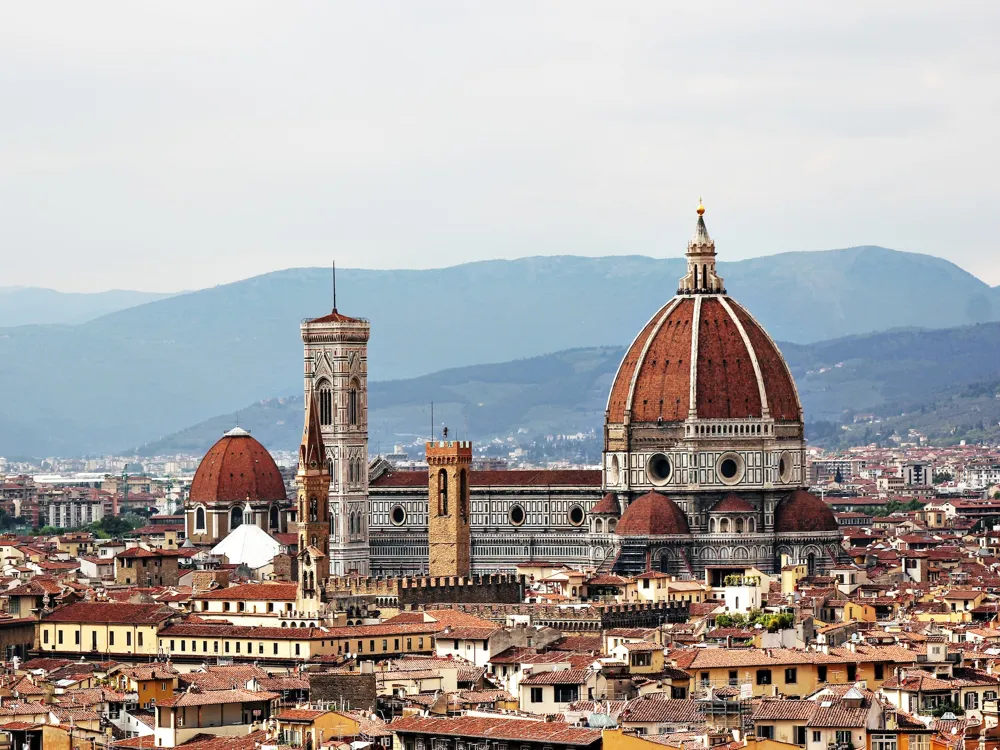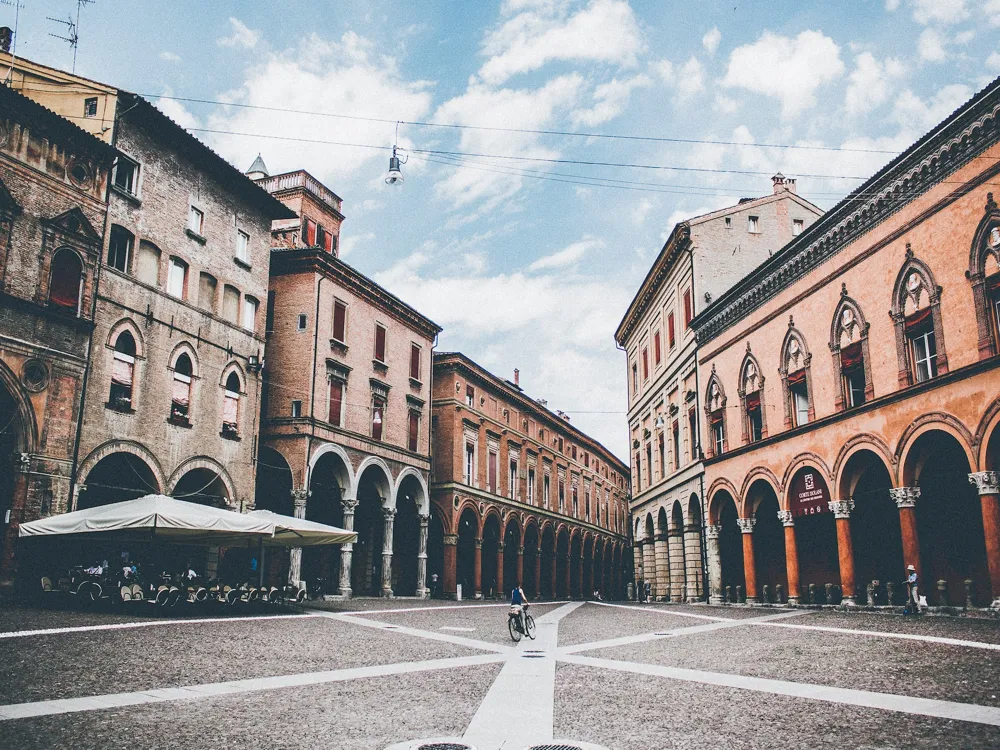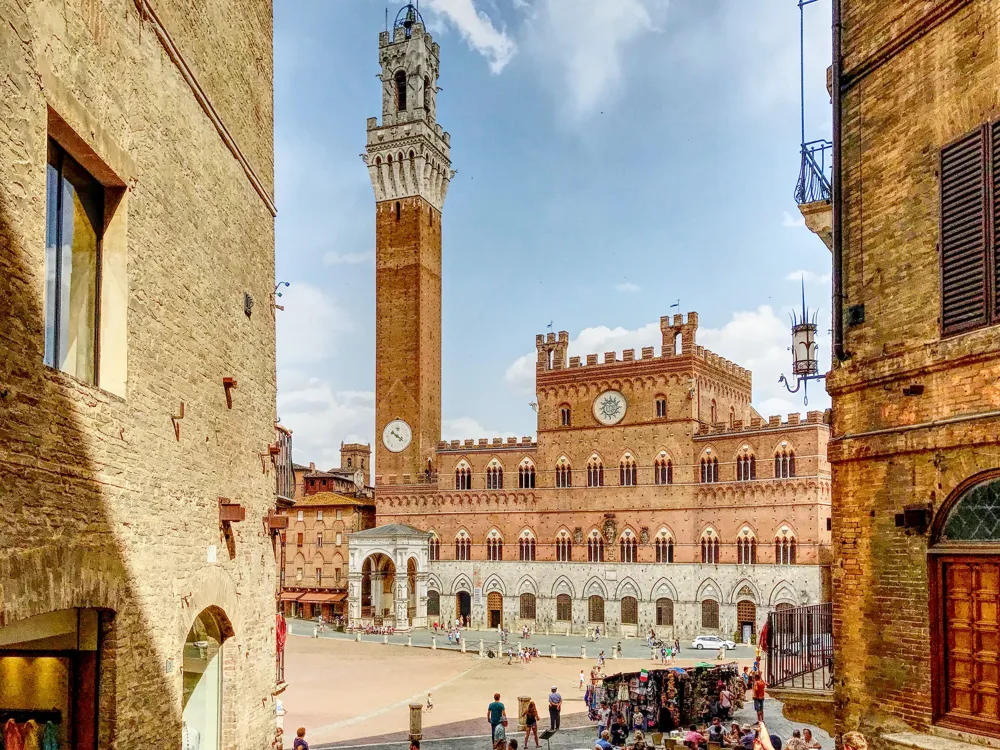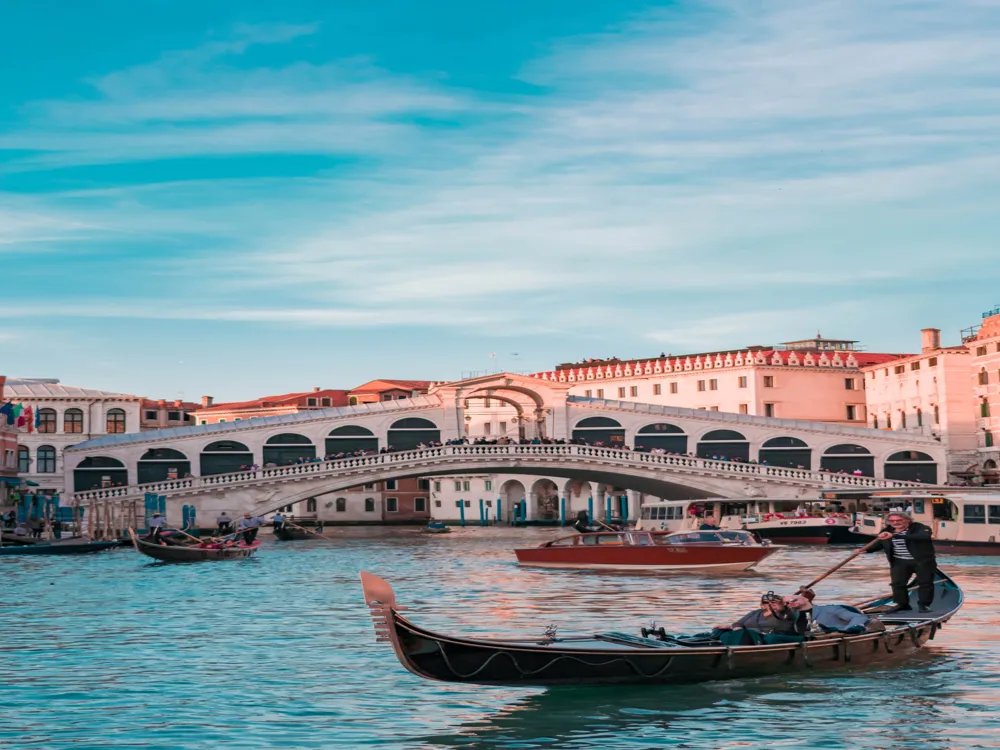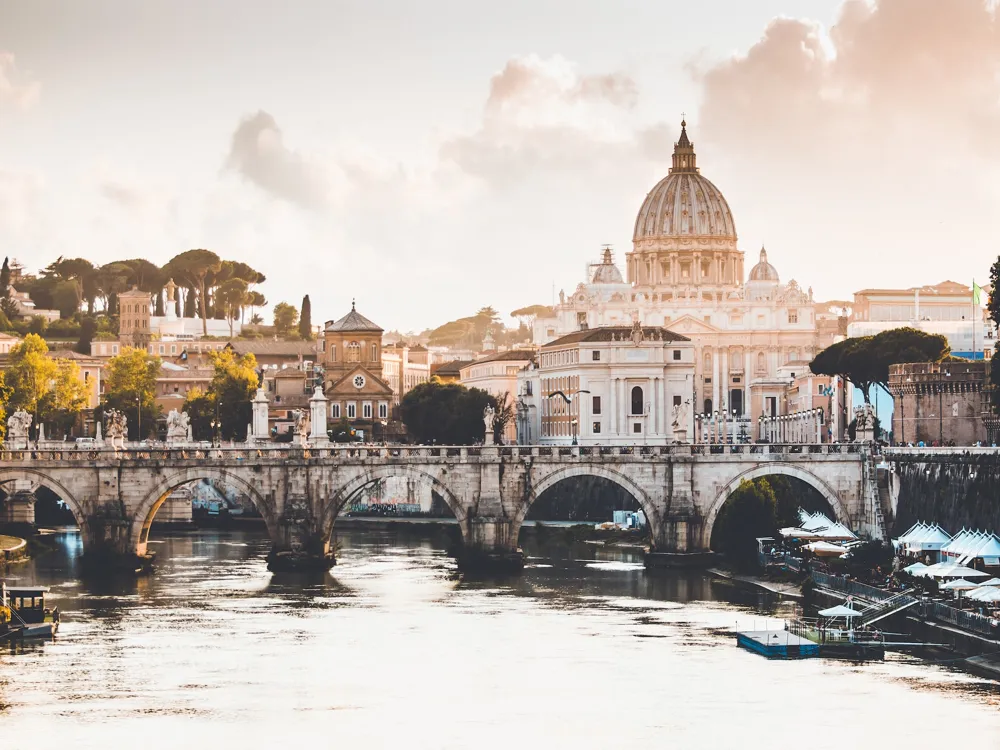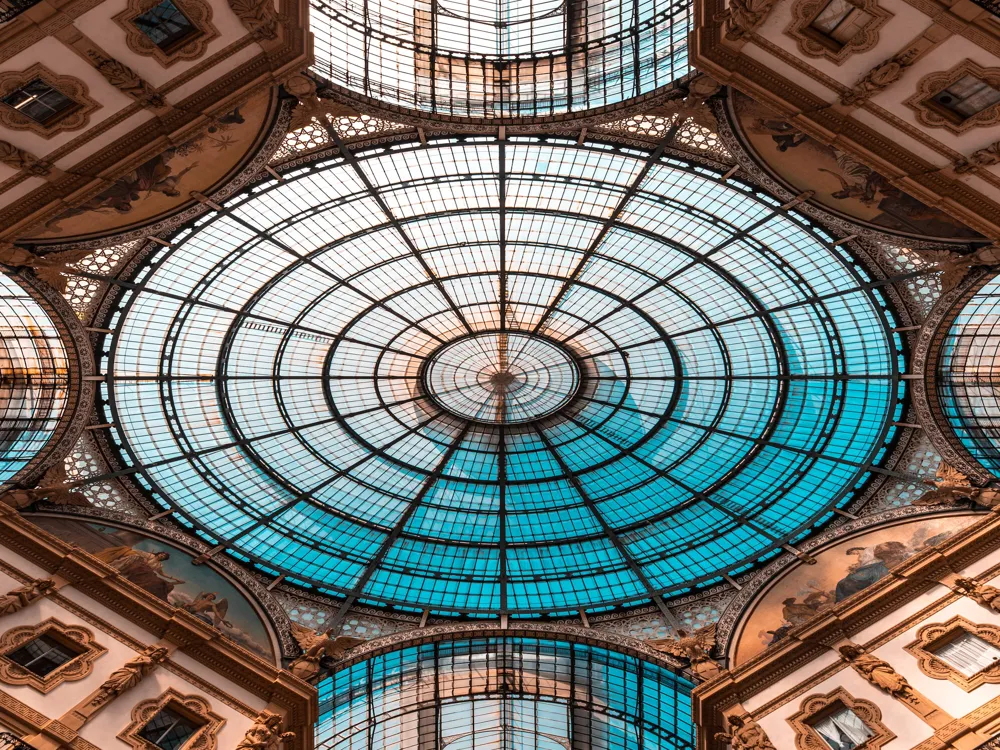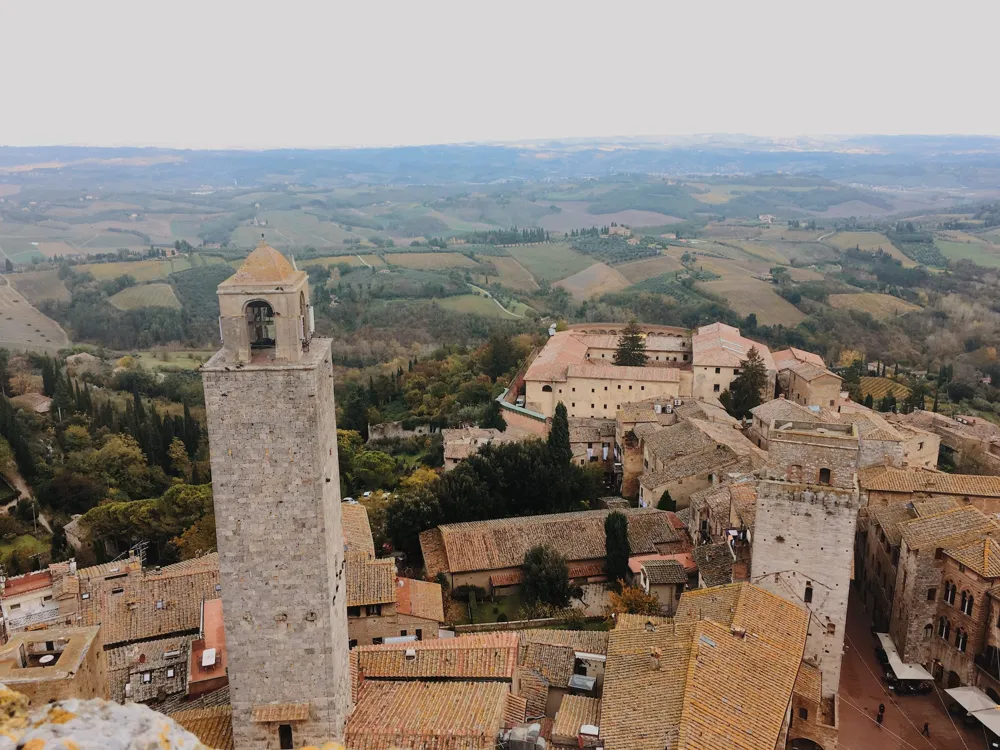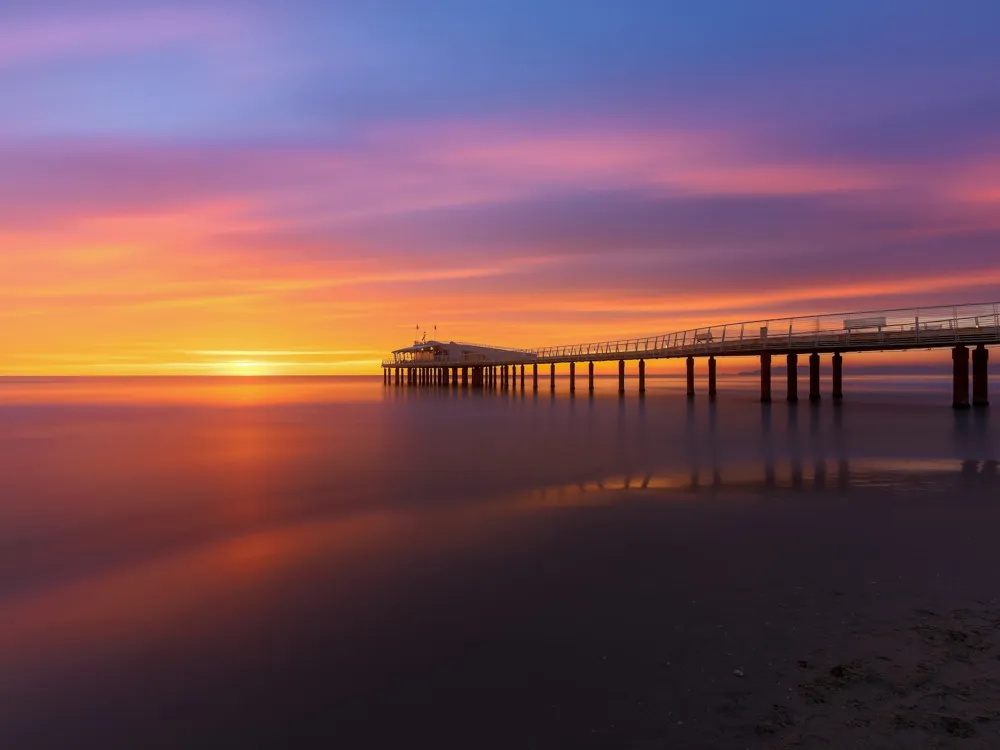The Church of Santa Maria Novella, a masterpiece of Gothic and Renaissance architecture, stands as a monumental beacon of Florence's rich history and artistic heritage. Founded by the Dominicans in the 13th century, this church and its accompanying museum present an exquisite blend of art, spirituality, and history. Its facade, a harmonious mix of Gothic and Renaissance styles, was designed by Leon Battista Alberti, signifying a new era in architectural design. The interior of the church is equally striking, with frescoes by masters like Masaccio and Ghirlandaio, offering a visual feast of biblical stories and scenes from Florentine life. Adjacent to the church, the Museum of Santa Maria Novella unfolds the artistic and cultural narrative of Florence. It houses a diverse collection ranging from medieval manuscripts to Renaissance paintings, each piece echoing the city's transition through various historical periods. The museum's highlights include frescoes by Paolo Uccello and Filippino Lippi, showcasing the evolution of art from the late Gothic to the early Renaissance. The church and museum together form a historical and artistic continuum, representing the religious, social, and cultural dynamics of Florence. A visit here is not just a tour of a religious site, but a journey through the annals of time, witnessing the artistic genius that shaped the Renaissance. The architecture of the Church of Santa Maria Novella and its museum is a testament to Florence's evolution from the Medieval to the Renaissance era. The church, initiated in the mid-13th century, reflects the traditional Gothic style with its pointed arches, ribbed vaults, and towering structure. However, the facade, completed in the 15th century by Leon Battista Alberti, is a revolutionary blend of Gothic and Renaissance elements. Alberti's design harmonizes classical Roman elements like the triumphal arch and pilasters with Gothic verticality, creating a facade that is both majestic and balanced. Inside, the church's nave, aisles, and transepts are adorned with a wealth of art. The Tornabuoni Chapel, for instance, contains frescoes by Domenico Ghirlandaio, depicting scenes from the life of the Virgin Mary and St. John the Baptist. These works are not only artistically significant but also provide insight into the societal values and daily life of Renaissance Florence. The Museum of Santa Maria Novella, located within the cloisters, further exemplifies the architectural splendor. The Green Cloister (Chiostro Verde) is renowned for its frescoes, including Paolo Uccello's famous depiction of the Great Flood. The Spanish Chapel, another highlight, features Andrea di Bonaiuto's frescoes illustrating the Active and Triumphant Church. These art pieces are housed within spaces that exemplify Gothic and early Renaissance architectural styles, making the museum a physical chronicle of Florence's architectural evolution. Before visiting, check the opening hours and ticket prices. Consider visiting during off-peak hours to avoid crowds. Guided tours are available and recommended for a comprehensive understanding of the site's history and art. As a place of worship, modest dress is required. Ensure shoulders and knees are covered. Comfortable footwear is advised as you'll be walking and standing for extended periods. Photography is usually allowed, but flash is prohibited. Be mindful of worshippers and other visitors when taking photos. Use a camera with good low-light performance for capturing indoor art. Don't miss the lesser-known areas like the cloisters and the refectory, which house significant artworks and offer a peaceful respite from the more crowded areas. Read up on the history and artworks of the church and museum beforehand to enrich your experience. Many online resources and books provide valuable insights. The Church of Santa Maria Novella is centrally located in Florence, making it easily accessible by various means of transport. If you're staying in the city center, the church is within walking distance from most areas. For those coming from outside the city, Florence's main train station, Santa Maria Novella, is just a few minutes' walk away. Buses and taxis also provide convenient access to the church. If driving, several parking areas are available nearby, though it's advisable to use public transport due to the heavy traffic in Florence's city center. Read More: Overview of The Church of Santa Maria Novella and Museum of Florence
Architecture of The Church of Santa Maria Novella and Museum
Tips When Visiting The Church of Santa Maria Novella and Museum
Plan Your Visit
Dress Appropriately
Photography Tips
Explore Beyond the Main Areas
Learn Before You Go
How To Reach The Church of Santa Maria Novella and Museum
The Church of Santa Maria Novella and Museum
Florence
₹ 51,800 onwards
View florence Packages
Weather :
Tags : Church & Cathedral
Timings : Monday - Thursday: 9:00 AM - 5:30 PM,
Friday: 11:00 AM - 5:30 PM,
Saturday: 9:00 AM - 5:00 PM,
Sunday: 1:00 PM - 5:00 PM
Entry Fee : Adult - EUR 5,
Reduced - EUR 3.50
Planning a Trip? Ask Your Question
Also Refered As:
Stazione di Santa Maria Novella
Florence Travel Packages
View All Packages For Florence
Top Hotel Collections for Florence

Private Pool

Luxury Hotels

5-Star Hotels

Pet Friendly
Top Hotels Near Florence
Other Top Ranking Places In Florence
View All Places To Visit In florence
View florence Packages
Weather :
Tags : Church & Cathedral
Timings : Monday - Thursday: 9:00 AM - 5:30 PM,
Friday: 11:00 AM - 5:30 PM,
Saturday: 9:00 AM - 5:00 PM,
Sunday: 1:00 PM - 5:00 PM
Entry Fee : Adult - EUR 5,
Reduced - EUR 3.50
Planning a Trip? Ask Your Question
Also Refered As:
Stazione di Santa Maria Novella
Florence Travel Packages
View All Packages For Florence
Top Hotel Collections for Florence

Private Pool

Luxury Hotels

5-Star Hotels

Pet Friendly







